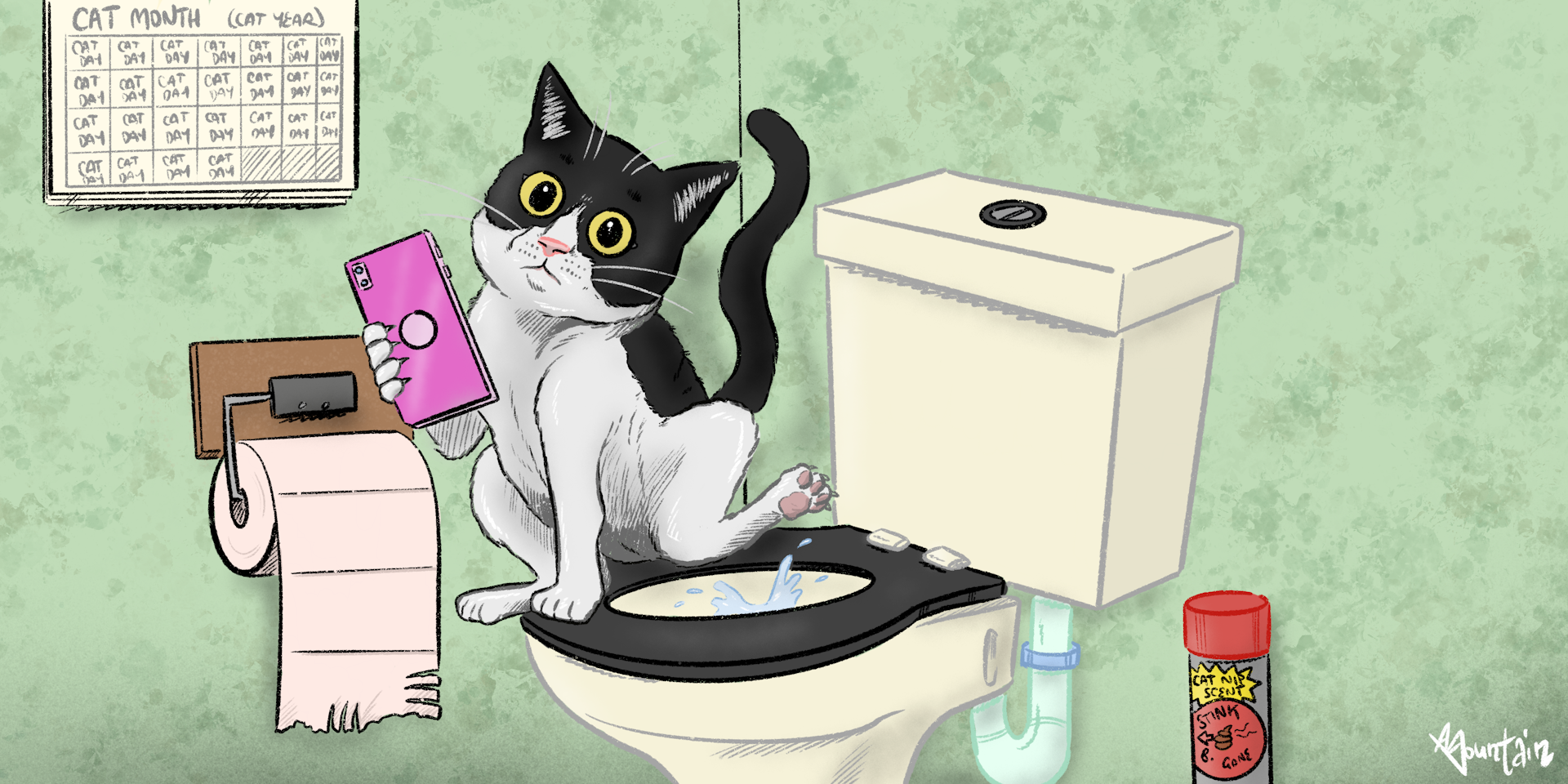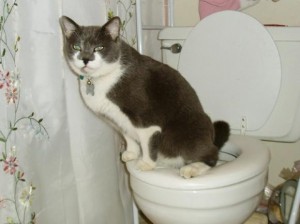Dangers of Disposing Cat Poop in Your Toilet - Preventive Steps
Dangers of Disposing Cat Poop in Your Toilet - Preventive Steps
Blog Article
How do you feel with regards to Can You Flush Cat Poop Down The Toilet??

Intro
As pet cat proprietors, it's important to be mindful of how we deal with our feline buddies' waste. While it may appear practical to flush pet cat poop down the bathroom, this practice can have damaging repercussions for both the setting and human health and wellness.
Alternatives to Flushing
Fortunately, there are more secure and much more liable ways to take care of cat poop. Take into consideration the following options:
1. Scoop and Dispose in Trash
One of the most common technique of disposing of feline poop is to scoop it right into an eco-friendly bag and throw it in the trash. Make sure to utilize a committed clutter scoop and deal with the waste immediately.
2. Usage Biodegradable Litter
Select eco-friendly pet cat clutter made from products such as corn or wheat. These clutters are environmentally friendly and can be safely dealt with in the trash.
3. Hide in the Yard
If you have a lawn, consider hiding feline waste in a designated location away from vegetable yards and water sources. Make certain to dig deep sufficient to prevent contamination of groundwater.
4. Mount a Pet Waste Disposal System
Invest in a pet dog waste disposal system specifically created for cat waste. These systems utilize enzymes to break down the waste, reducing odor and ecological impact.
Wellness Risks
In addition to environmental worries, flushing cat waste can likewise posture health and wellness risks to humans. Feline feces may include Toxoplasma gondii, a bloodsucker that can cause toxoplasmosis-- a possibly serious ailment, particularly for expecting females and people with weakened immune systems.
Environmental Impact
Flushing feline poop presents harmful pathogens and parasites into the supply of water, presenting a substantial threat to water ecological communities. These impurities can adversely affect aquatic life and compromise water quality.
Conclusion
Liable pet dog possession prolongs beyond providing food and sanctuary-- it likewise involves proper waste monitoring. By refraining from flushing pet cat poop down the bathroom and opting for different disposal techniques, we can minimize our ecological footprint and secure human health.
Why You Should Never Flush Cat Poop Down the Toilet
A rose by any other name might smell as sweet, but not all poop is created equal. Toilets, and our sewage systems, are designed for human excrement, not animal waste. It might seem like it couldn’t hurt to toss cat feces into the loo, but it’s not a good idea to flush cat poop in the toilet.
First and foremost, assuming your cat uses a litter box, any waste is going to have litter on it. And even the smallest amount of litter can wreak havoc on plumbing.
Over time, small amounts build up, filling up your septic system. Most litter sold today is clumping; it is made from a type of clay that hardens when it gets wet. Ever tried to scrape old clumps from the bottom of a litter box? You know just how cement-hard it can get!
Now imagine just a small clump of that stuck in your pipes. A simple de-clogger like Drano isn’t going to cut it. And that means it’s going to cost you big time to fix it.
Parasitic Contamination
Believe it or not, your healthy kitty may be harboring a nasty parasite. Only cats excrete Toxoplasma in their feces. Yet it rarely causes serious health issues in the cats that are infected. Most people will be fine too if infected. Only pregnant women and people with compromised immune systems are at risk. (If you’ve ever heard how women who are expecting are excused from litter cleaning duty, Toxoplasma is why.)
But other animals may have a problem if infected with the parasite. And human water treatment systems aren’t designed to handle it. As a result, the systems don’t remove the parasite before discharging wastewater into local waterways. Fish, shellfish, and other marine life — otters in particular — are susceptible to toxoplasma. If exposed, most will end up with brain damage and many will die.
Depending on the species of fish, they may end up on someone’s fish hook and, ultimately on someone’s dinner plate. If that someone has a chronic illness, they’re at risk.
Skip the Toilet Training
We know there are folks out there who like to toilet train their cats. And we give them props, it takes a lot of work. But thanks to the toxoplasma, it’s not a good idea.

I recently found that blog post about How to Dispose of Cat Poop and Litter Without Plastic Bags while scouting around the internet. Sharing is good. Helping others is fun. I praise you for your time. Kindly visit our blog back soon.
Request Estimate Report this page